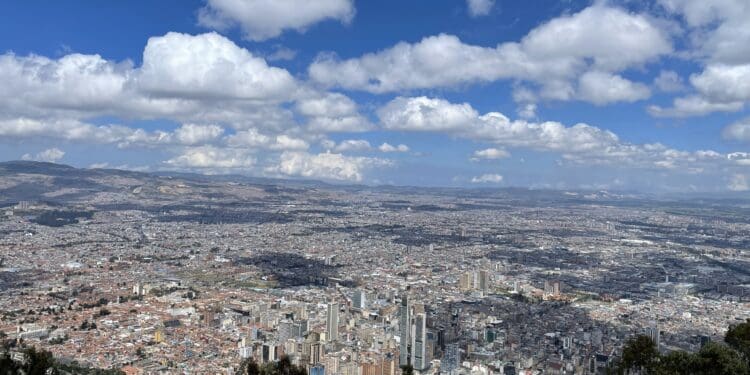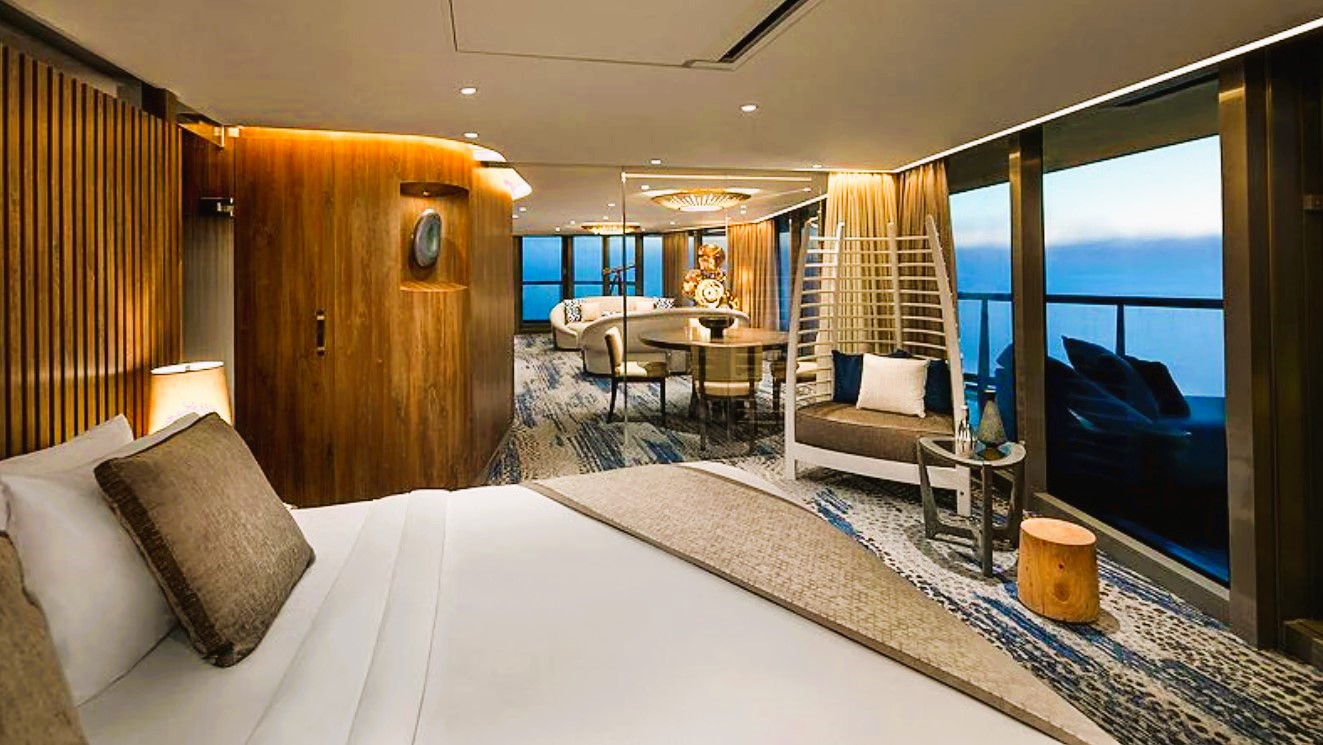Advertiser Disclosure: Eye of the Flyer, a division of Chatterbox Entertainment, Inc., is part of an affiliate sales network and and may earn compensation when a customer clicks on a link, when an application is approved, or when an account is opened. This relationship may impact how and where links appear on this site. This site does not include all financial companies or all available financial offers. Opinions, reviews, analyses & recommendations are the author’s alone, and have not been reviewed, endorsed, or approved by any of these entities. Some links on this page are affiliate or referral links. We may receive a commission or referral bonus for purchases or successful applications made during shopping sessions or signups initiated from clicking those links.
We just got back from a trip to Bogota, Colombia and I must say, it’s probably the trip that garnered the most interest from friends and family, with the most common question being – was it safe? It’s an interesting question, that no one has ever asked me about a trip within the US. With upcoming Caribbean cruise season, I wanted to explore the topic through the Frequent Floaters lens by asking – Which Caribbean ports are safe?
We have an upcoming cruise that was supposed to begin in Cartagena, Colombia and the embarkation was changed to Panama City, Panama; you can read more about that here. A lot of the comments around the change in embarkation cities theorized that it had to do with the security conditions in Colombia, though after some research the issue is more likely to do with the drought in Panama cancelling certain cruises.
With that lengthy preamble out of the way, let’s jump in and see which Caribbean ports are safe amongst the 12 most popular among cruisers.
#1 – Miami/Ft. Lauderdale/Cape Canaveral
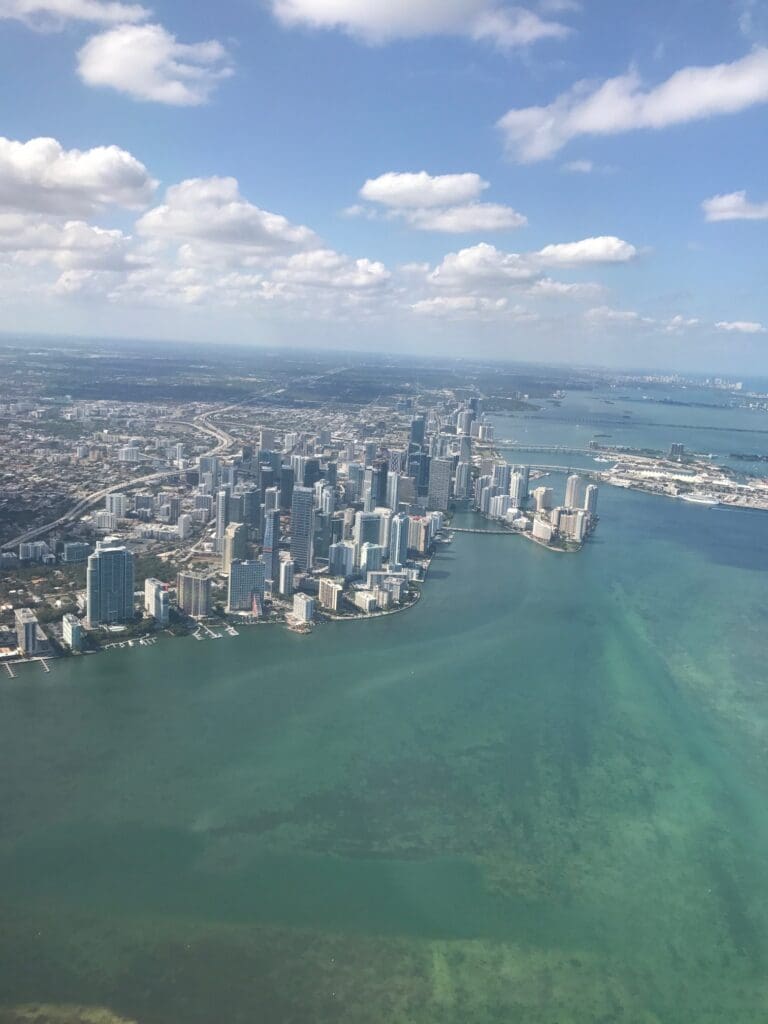
So #1, this isn’t a single port and technically none of these ports are in the Caribbean, but give me a little leeway if you will as a huge percentage of Caribbean cruises either begin or end in one of these three ports in Florida.
Now a lot of Americans rely on the Travel.State.Gov Travel Advisories page to determine where it’s safe to travel and if any special precautions should be taken. Given all three of these are US domestic ports the US State Department doesn’t provide any guidance. So I’m looking to our friends to the north in Canada for advice on these ports, other ports in US territories, as well as the remainder of the list. Much like the US, Canada has travel.gc.ca dedicated to providing guidance regarding travel precautions.
Throughout this post we’ll be referring to the U.S. Department of State and The Government of Canada Travel Advisories. For reference, here are both rating systems:
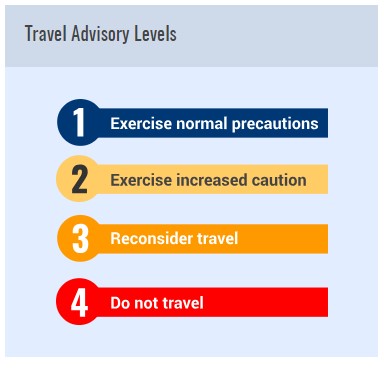

So what do they say about the US? Canada gives the US their safest rating of Take normal precautions, but goes on to caution:
Criminal incidents associated with drug trafficking are more frequent at the border with Mexico, in the following states: Arizona, California, New Mexico, and Texas.
Within large urban areas, violent crime more commonly occurs in poor neighbourhoods, particularly from dusk to dawn. It often involves intoxication. Incidents of violent crime are mainly carried out by gangs or members of organized crime groups but may also be perpetrated by lone individuals. Although violent crime rarely affects tourists:
- be mindful of your surroundings at all time
- verify official neighbourhood crime statistics before planning an outing
- if threatened by robbers, stay calm and don’t resist
The rate of firearm possession in the US is high. It’s legal in many states for US citizens to openly carry firearms in public.
Incidences of mass shootings occur, resulting most often in casualties. Although tourists are rarely involved, there is a risk of being in the wrong place at the wrong time.
Familiarize yourself on how to respond to an active shooter situation.
This last warning really stung. And, spoiler alert, Canada doesn’t give a mass or active shooter advisory for any of the other countries on our list, though they do have warnings for spiked drinks and food.
Fortunately none of these Florida ports are listed among the 15 most dangerous cities in the US according to Forbes, but nor are they among the 15 safest. According to Insider Monkey’s list of the Most Dangerous Cities in Florida Miami ranks #2, Orlando ranks #3 (airport for Port Canaveral), and Fort Lauderdale ranks #7. Taking a broader perspective, the incidence of violent crimes relative to the population in these cities, they are about average for comparably sized cities in the U.S.
#2 Cozumel, Mexico
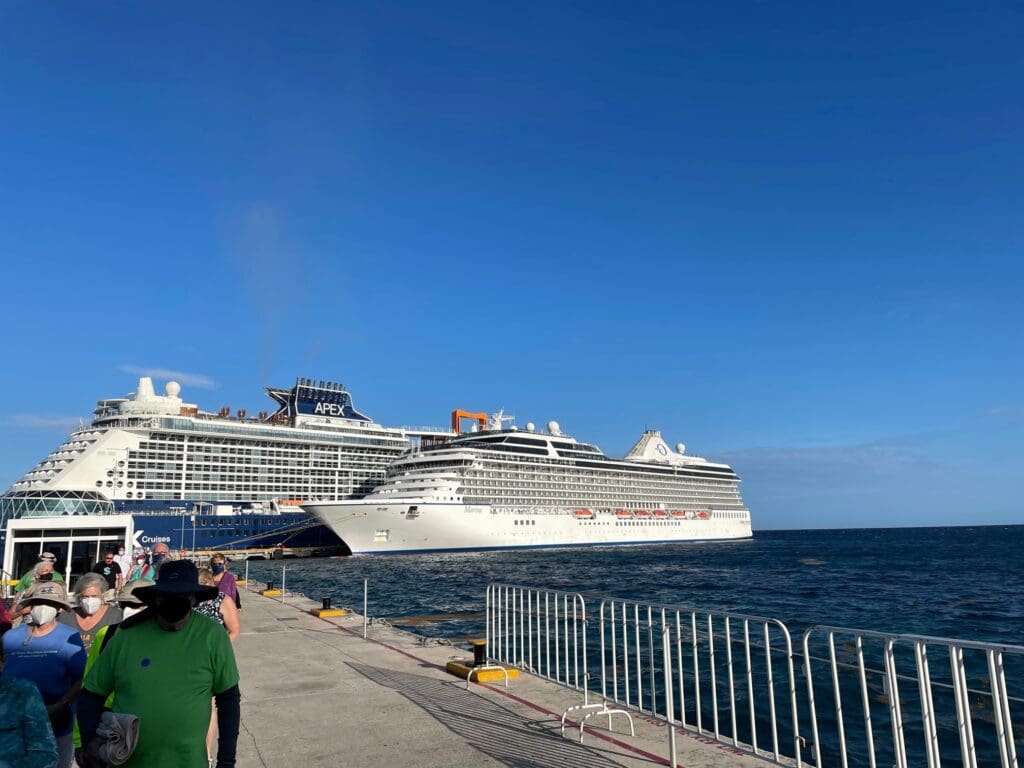
Let me start by saying we have taken land-based as well as cruise vacations to Cozumel and the surrounding areas a number of times in the past few years. Despite the media headlines and some scary videos of gangs on jet skis in the Tourist Zone of Cancun, our experiences there have always felt 100% safe.
The U.S. has taken a state-by-state approach to our neighbor to the south rating states as “Do not travel to,” “Reconsider Travel To,” “Exercise Increased Caution When Traveling To,” and “Exercise Normal Precautions When Traveling To.”
Cozumel is located in the state of Quintana Roo along with other tourist hotspots like Cancun, Playa del Carmen, Tulum, and the stretch of coastline commonly referred to as the Riviera Maya. This state is classified under “Exercise Increased Caution When Travelling,” the equivalent of a Level 2. The State Department lists the reason for the rating, and in the case of Quintana Roo it’s because of “crime” which is notable because it leaves off the other reason listed for a number of states – “kidnapping.” The US State Department cautions:
Crime: Criminal activity and violence may occur in any location, at any time, including in popular tourist destinations. Travelers should maintain a high level of situational awareness, avoid areas where illicit activities occur, and promptly depart from potentially dangerous situations.
While not directed at tourists, shootings between rival gangs have injured innocent bystanders. Additionally, U.S. citizens have been the victims of both non-violent and violent crimes in tourist and non-tourist areas.
There are no restrictions on travel for U.S. government employees in Quintana Roo state. However, personnel are advised to exercise increased situational awareness after dark in downtown areas of Cancun, Tulum, and Playa del Carmen, and to remain in well-lit pedestrian streets and tourist zones.
Government of Canada – Exercise a High Degree of Caution (they also have regional advisories to Avoid Non-Essential Travel)
#3 Nassau, Bahamas
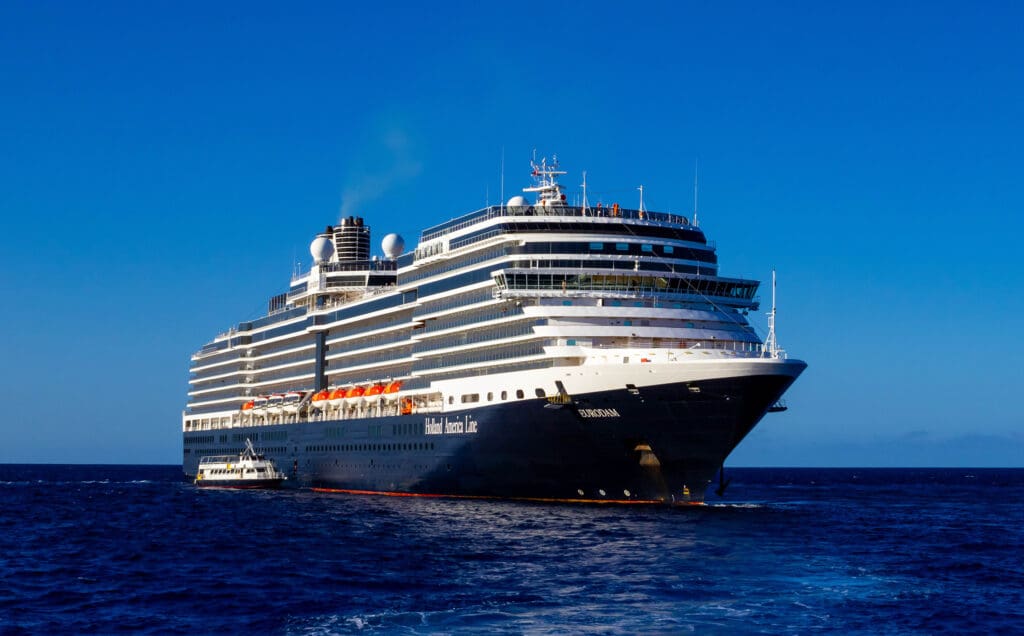
U.S. Department of State – Level 2: Exercise Increased Caution The U.S. Department of State cautions:
Crime: The Department of State rates the criminal threat level in New Providence Island (includes Nassau and Paradise Island) as critical. The vast majority of crime occurs on New Providence (Nassau) and Grand Bahama (Freeport) Islands. Criminal activity on the outlying Family Islands does occur, but to a much lesser degree than on New Providence or Grand Bahama. In Nassau, exercise caution in the “Over the Hill” area (south of Shirley Street). Violent crime such as burglaries, armed robberies, and sexual assaults occur, but generally not in tourist areas. For the latest security messages, visit our website.
Adventure Tourism: Activities involving commercial recreational watercraft, including water tours, are not consistently regulated. Watercraft are often not maintained, and many companies do not have safety certifications to operate in The Bahamas. U.S. citizens seeking to engage in adventure tourism-related activities, including boat tours, are strongly encouraged to confirm the following with any tour operator:
- Credentials and certification to operate in The Bahamas
- Liability in the event of an accident
- Safety and rescue protocols for guides
Jet-Ski Operators: Jet-ski operators have been known to commit sexual assaults against tourists. As a result, U.S. government personnel are not permitted to use independently operated jet-ski rentals on New Providence and Paradise Islands.
Government of Canada – Exercise a high degree of caution The Government of Canada cautions:
Crime: There has been a decrease in violent crime since the beginning of 2018. Crime, however, including violent crime, still occurs, mainly on the islands of Grand Bahama and New Providence.
Armed robberies, burglaries, purse snatchings, theft, fraud and sexual assaults are the most common crimes committed against travellers in Freeport and Nassau. Incidents of robbery also take place in cruise ship terminals and in and around popular resort areas, even in daylight hours. Crime increases during the holidays.
- Avoid Nassau’s “over the hill” (south of Shirley Street) and Fish Fry (Arawak Cay) areas, especially at night
- Stay alert to your surroundings at all times
- Don’t walk alone, particularly after dark
- Don’t carry large sums of cash or wear expensive jewellery
- Ensure that your personal belongings, including your passport and other travel documents, are secure at all times
- Avoid deserted beaches
- If you are threatened by robbers, stay calm and don’t resist
Women’s Safety: Sexual assault occurs frequently in The Bahamas, particularly near hotels, in hotel rooms, in casinos, on cruise ships and on the beach. Reported incidents are on the rise in Nassau, including on Paradise Island. In some cases, the victim was drugged.
- Be wary when embarking on jet-ski rides with licensed or unlicensed operators, as several incidents of sexual assault have been reported
- Avoid excessive consumption of alcohol and avoid using drugs
- Don’t accept rides from strangers or from unlicensed taxi drivers
Spiked food and drinks: Never leave food or drinks unattended or in the care of strangers. Be wary of accepting snacks, beverages, gum or cigarettes from new acquaintances. These items may contain drugs that could put you at risk of sexual assault and robbery.
#4 Grand Cayman, Cayman Islands
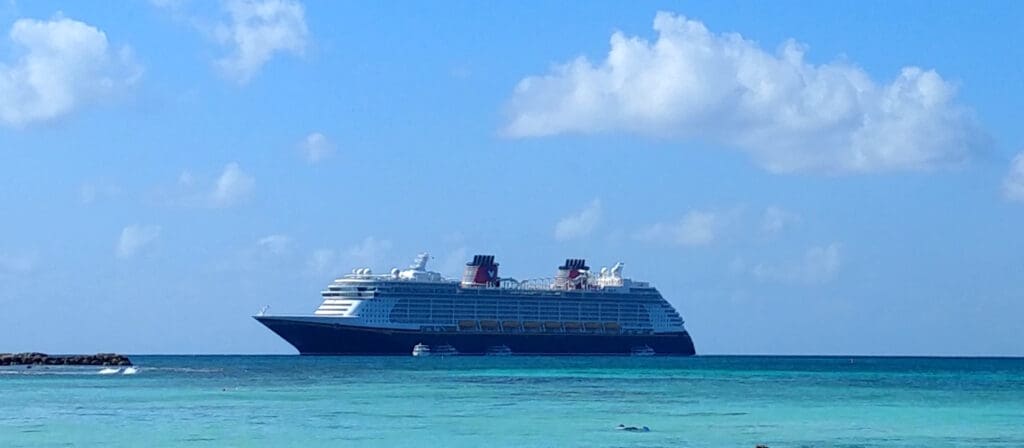
U.S. Department of State – Level 1: Exercise normal precautions The U.S. Department of State cautions:
The Cayman Islands are a safe place with little criminal activity affecting tourists.
Crime: Crime of opportunity such as pick-pocketing and purse snatchings occasionally occur. Police in the Cayman Islands enforce laws against illegal drugs, guns and ammunition.
Government of Canada – Take Normal Security Precautions The Government of Canada Cautions:
The crime rate is very low. Petty crime, such as pickpocketing and purse snatching, occasionally occurs. Use your hotel safe to store your valuables, but be sure it is bolted to the wall or the floor.
#5 St. Thomas, US Virgin Islands
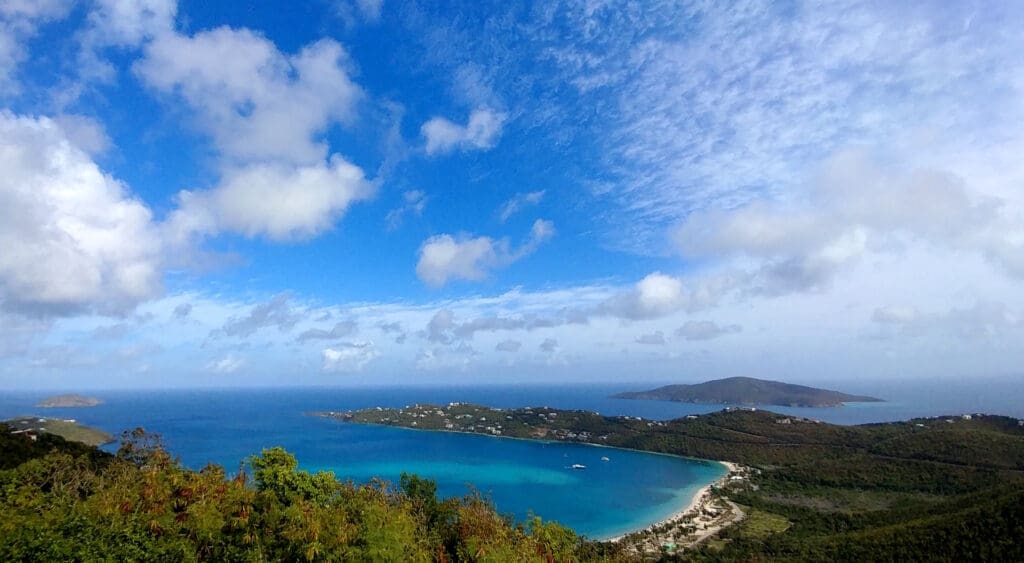
Government of Canada – Take Normal Security Precautions (same as Continental US)
Crime: Petty crime, such as pickpocketing and purse snatching, occurs.
- Ensure that your belongings, including your passport and other travel documents, are secure at all times
- Stay in hotels and resorts with good security
- Avoid isolated beaches and unpopulated areas, especially after dark
Violent crime is rare but also occurs.
Women’s safety: Incidents of sexual assault occur. Women travelling alone may be subject to some forms of harassment and verbal abuse.
#6 Phillipsburg, St. Maarten
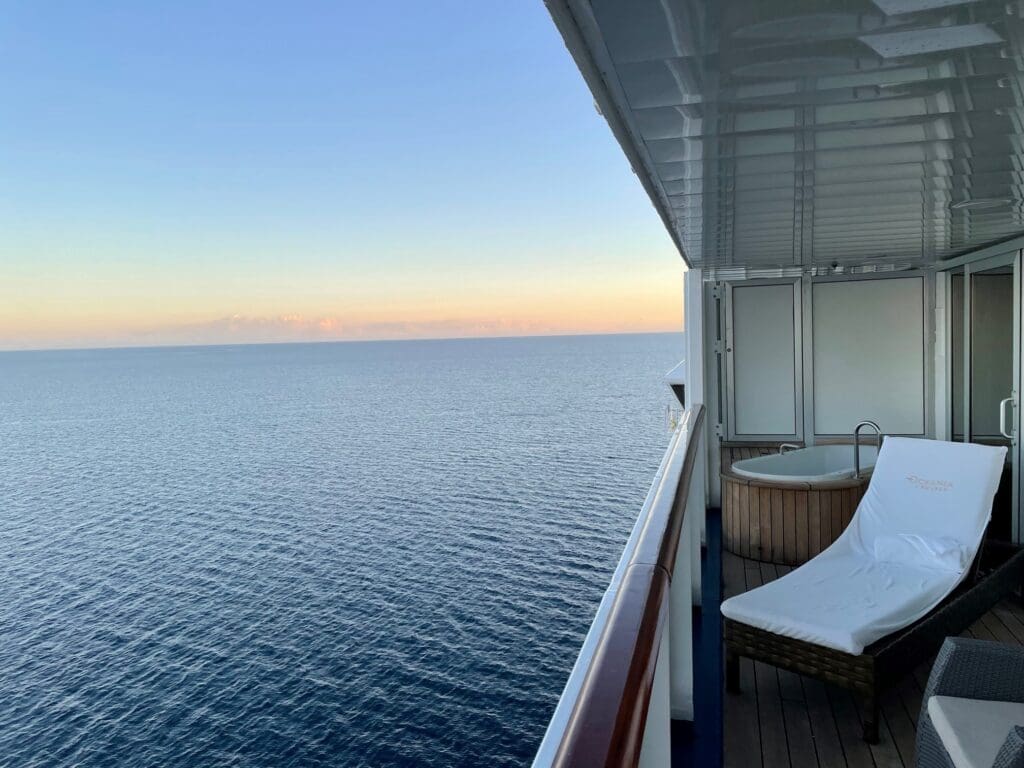
U.S. Department of State – Level 1: Exercise normal precautions The U.S. Department of State cautions:
Crime: Petty street crime, including purse snatching, does occur. Do not leave valuables unattended in public areas, unsecured hotel rooms, rental homes, or visible in vehicles.
Do not buy counterfeit or pirated goods. These are illegal in the United States, and you may also be breaking local law.
Government of Canada – Take Normal Security Precautions
#7 Falmouth, Jamaica
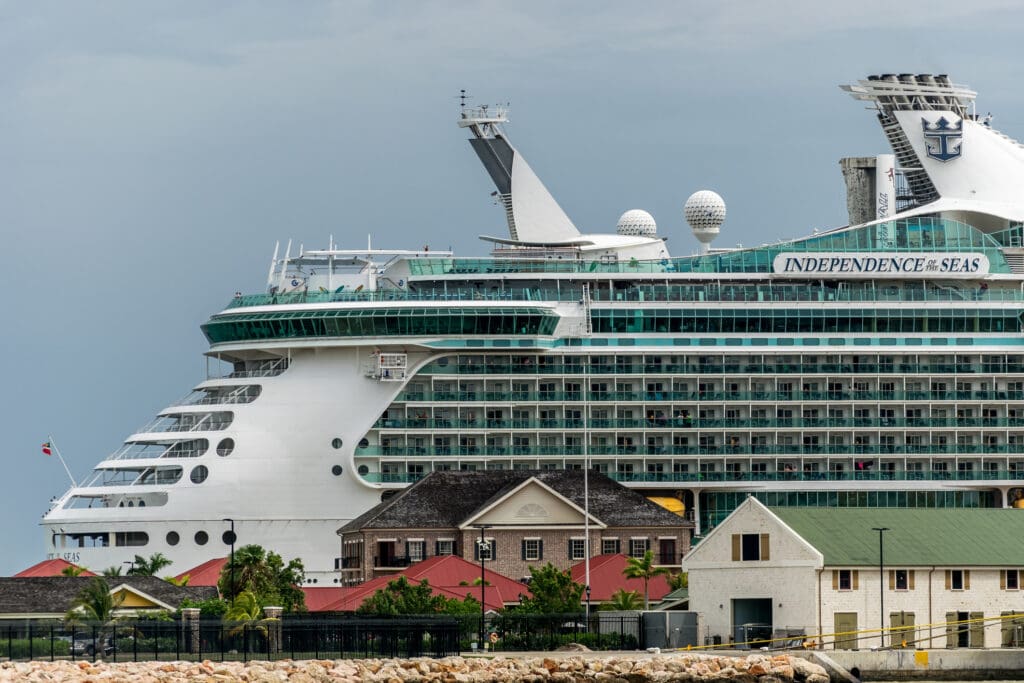
U.S. Department of State – Level 3: Reconsider Travel The U.S. State Department cautions:
Crime: Violent crime, including sexual assault, is a serious problem throughout Jamaica, particularly in Kingston and Montego Bay. Jamaica’s police force often does not respond effectively to serious criminal incidents. When arrests are made, cases are infrequently prosecuted to a conclusive sentence. Families of U.S. citizens killed in accidents or homicides frequently wait a year or more for final death certificates to be issued by Jamaican authorities. Gated resorts are not immune to violent crime.
Sexual Assault: Rape and sexual assault are serious problems throughout Jamaica, including at resorts and hotels. Date rape drugs may be used at private parties and resorts.
If you are victim of a sexual assault, contact the police and the U.S. Embassy in Kingston as soon as possible. In a hotel, management should assist you with these communications.
Victims of sexual assault in Jamaica should not expect the same assistance routinely offered in the United States. Rape kits are not always available, and victims must often ask for medication to avoid STD transmission and reduce the chances of pregnancy. Counseling is unlikely to be offered. Law enforcement shortcomings exist in collection of evidence. Prosecution of rape cases moves very slowly, and victims may need to return to Jamaica during the legal process.
Government of Canada – Exercise a high degree of caution
Violent crime: Violent crime, including armed robbery and murder, is a problem in large cities and tourist areas, including parts of Kingston and Montego Bay, despite the presence of police to counter criminal activity. The availability of firearms is widespread, and most violent drug- and gang-related crimes, especially murder, involve firearms. There is a risk of becoming the victim of crossfire in these areas. Tourists are also at risk of crimes of opportunity, especially theft and robberies.
Crimes tend to be concentrated within what the police refer to as “traditional hot spots” or “high-risk communities”, but can take place anywhere and at any time.
The following areas have a significant gang population and high incidences of violent crime:
Greater Kingston: Arnett Gardens, August Town, Balmagie, Cassava Piece, Delacree Park, Denham Town, Drewsland, Felstead Pen, Four Miles, Glendale, Grant’s Pen, Greenwich Town, Hannah Town, Harbour View, Hunts Bay, Jones Town, Lower Cockburn Gardens, Maverly, Mountain View, Nanse Pen, Olympic Gardens, Payneland, Portmore, Rennock Lodge, Riverton City, Salmagie, Seaview Gardens, Tavares Gardens, Tivoli Gardens, Tower Hill, Trench Town, Waltham Gardens, West Kingston, Whitfield Town
St. Catherine: Central Village, Ellerslie, Homestead, Ravensworth, Spanish Town, Tawes Pen
Montego Bay: Bottom Pen, Canterbury, Flankers, Hart Street, Mount Salem, Norwood Gardens, Rose Heights, St. Clavers Avenue
South Coast: May Pen
#8 San Juan, Puerto Rico
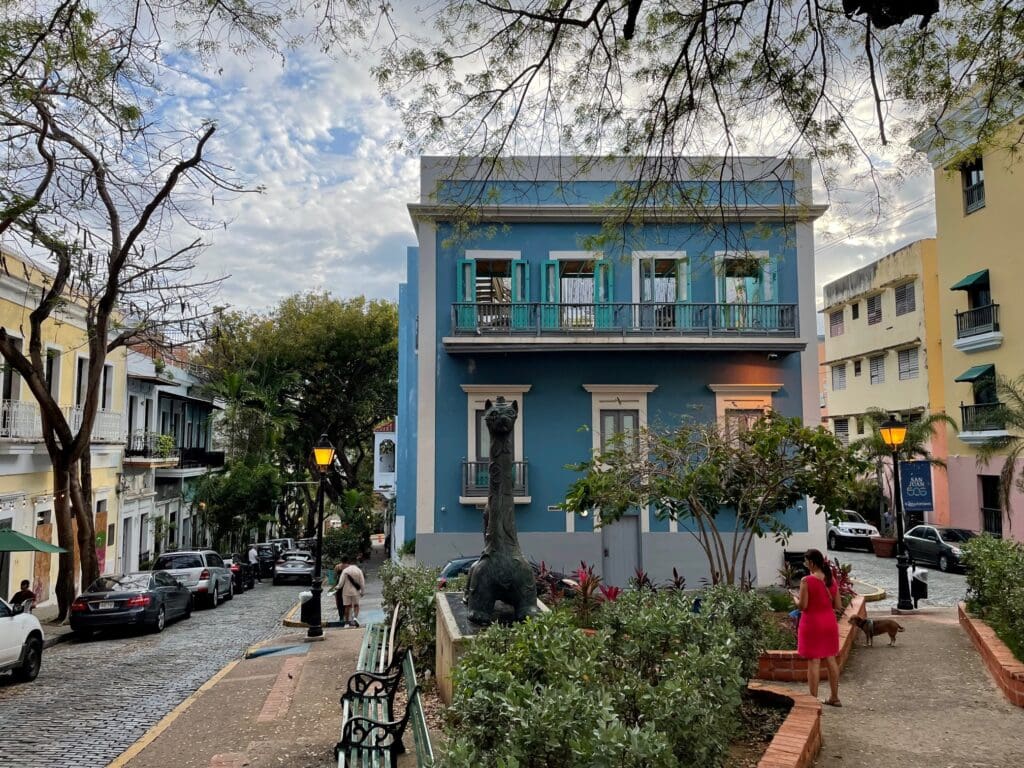
Government of Canada – Take Normal Security Precautions (same as Continental US) The Government of Canada cautions:
Crime: Petty crime, such as pickpocketing and purse snatching, are prevalent. Violent crime also occurs.
Ensure that your belongings, including your passports and other travel documents, are secure at all times.
#9 Basseterre, Saint Kitts & Nevis
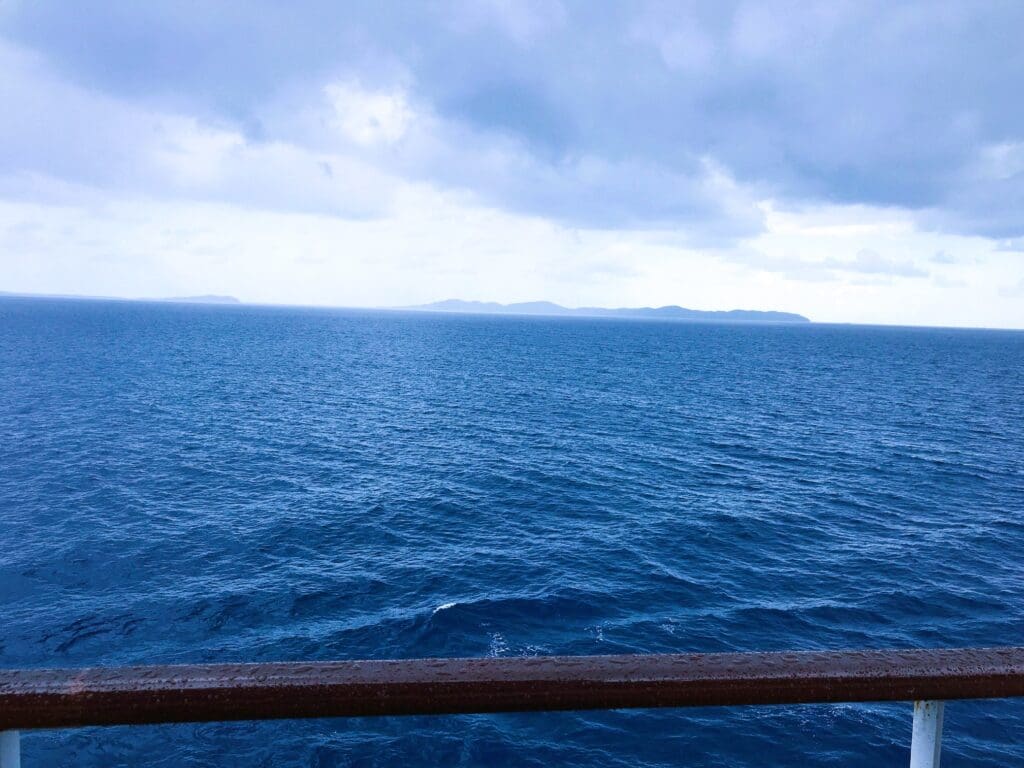
U.S. Department of State – Level 1: Exercise normal precautions The U.S. Department of State cautions:
Crime: U.S. citizens are not specifically targeted for crime in the Eastern Caribbean islands. However, crimes of opportunity such as petty larceny, burglary, automobile break-ins; as well as incidents of violent crime, such as murder, sexual assault, robbery, shootings, and drug related crimes do occasionally occur.
Government of Canada – Take Normal Security Precautions The Government of Canada cautions:
Crime: Petty crime, such as pickpocketing and purse snatching, occurs. Violent crime, such as armed robbery and sexual assault, also occurs.
- Ensure that your personal belongings, including passports and other travel documents, are secure at all times
- Avoid showing signs of affluence, such as flashy jewellery
- Carry only small amounts of money
- Be cautious when you are in crowded areas, especially during the holiday season or when attending festivals
- Avoid isolated areas and unpatrolled beaches after dark
- Keep car doors locked when driving
Spiked food and drinks: Never leave food or drinks unattended or in the care of strangers. Be wary of accepting snacks, beverages, gum or cigarettes from new acquaintances. These items may contain drugs that could put you at risk of sexual assault and robbery.
#10 Grand Turk, Turks & Caicos
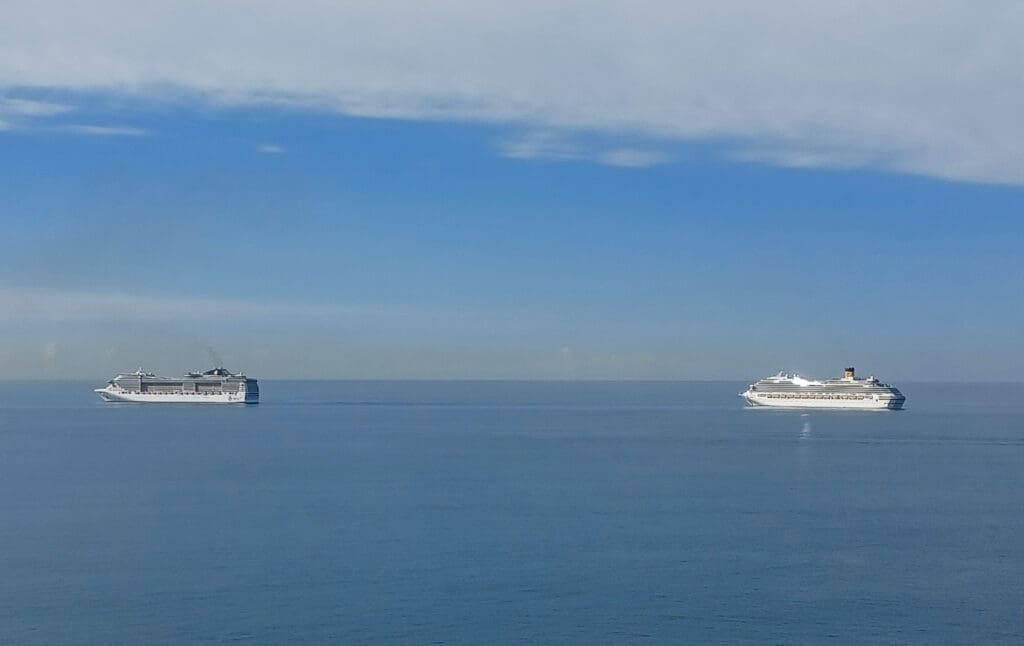
U.S. Department of State – Level 2: Exercise Increased Caution The U.S. State Department cautions:
Crime: American citizens are not specifically targeted for crime in the Eastern Caribbean islands. However, crimes of opportunity such as petty larceny, burglary, automobile break-ins; as well as incidents of violent crime, such as murder, sexual assault, robbery, shootings, and drug related crimes do occasionally occur.
Government of Canada – Take Normal Security Precautions The Government of Canada cautions:
Crime: Petty crime occurs, including theft from rental vehicles. Muggings and armed assaults also occur, mostly in areas popular with tourists. Be especially vigilant on Providenciales, which has a higher crime rate than the other islands.
- Ensure that your personal belongings, including your passport and other travel documents, are secure at all times
- Never leave valuables such as money, credit cards and personal electronics unattended, especially on beaches and in vehicles
- Don’t carry large amounts of cash
- Be cautious when using ATMs, especially after dusk
- Avoid secluded, isolated areas, such as roads, parks and beaches, after dark
Home Break-ins: Armed invasions and assaults at private villas with inadequate security have been a growing concern since 2016. If you’re the victim of an armed robbery, comply with the perpetrator’s demands without resistance to avoid injury and immediately report the incident to local police.
- Stay in busy, reputable and well-protected accommodation
- Keep your doors locked at all times
- Always verify the identity of a visitor before opening the door
- Use the hotel safe for storage of valuables and travel documents
Spiked food and drinks: Never leave food or drinks unattended or in the care of strangers. Be wary of accepting snacks, beverages, gum or cigarettes from new acquaintances. These items may contain drugs that could put you at risk of sexual assault and robbery.
#11 Oranjestad, Aruba
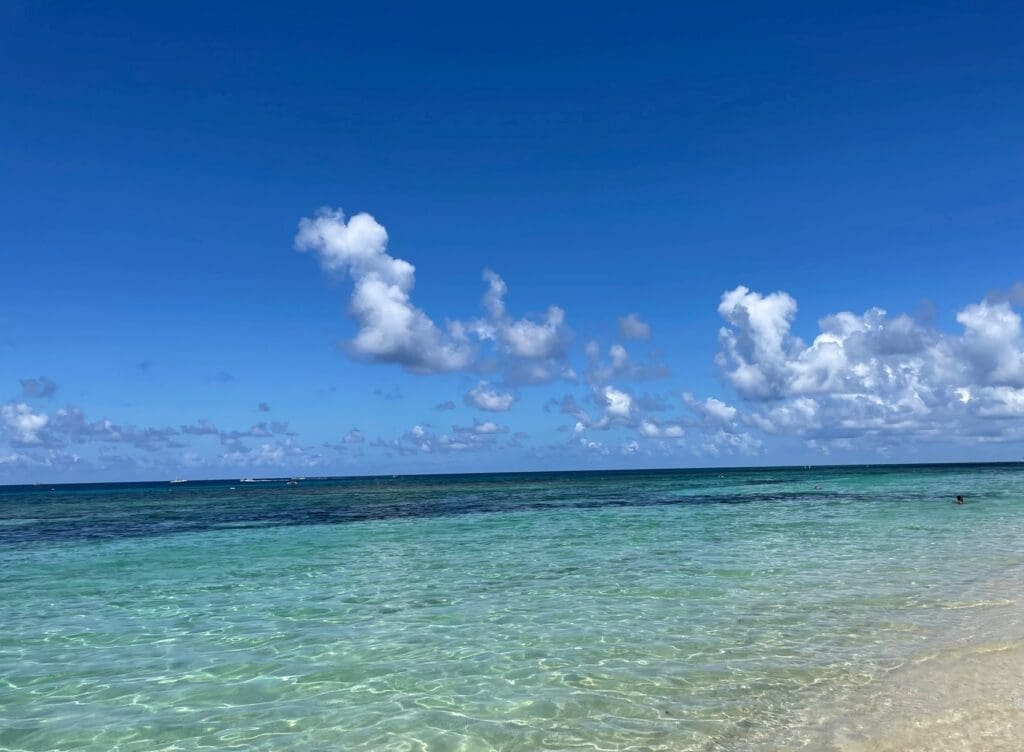
U.S. Department of State – Level 1: Exercise normal precautions The U.S. State Department cautions:
Crime: Crime against tourists consists primarily of theft. The main targets are valuables left unattended in public areas (beaches, cars, hotel lobbies, etc.). Purses, cameras, passports, phones, and other handheld electronics are the most frequently stolen items. Take normal precautions to secure personal property. Do not leave valuables in cars in plain view or unattended in unsecured hotel rooms and rental homes. Keep a copy of your U.S. passport in a secure location in case the original is lost or stolen.
Government of Canada – Take Normal Security Precautions The Government of Canada cautions:
Crime: Petty crime, such as pickpocketing and purse snatching, occurs in Aruba.
Residential break-ins and theft from vehicles, hotel rooms and rental units also take place.
Crime typically increases during annual celebrations such as Carnival, which takes place from January to March.
- Ensure that your personal belongings, including your passport and other travel documents, are secure at all times
- Never leave valuables such as jewellery, cell phones, electronics, wallets or bags unattended on the beach or in your vehicle
- Avoid unpopulated areas and unpatrolled beaches after dark
- Check with local authorities to determine which beaches are safe
Women’s safety: Women travelling alone may be subject to some forms of harassment and verbal abuse.
#12 Bridgetown, Barbados
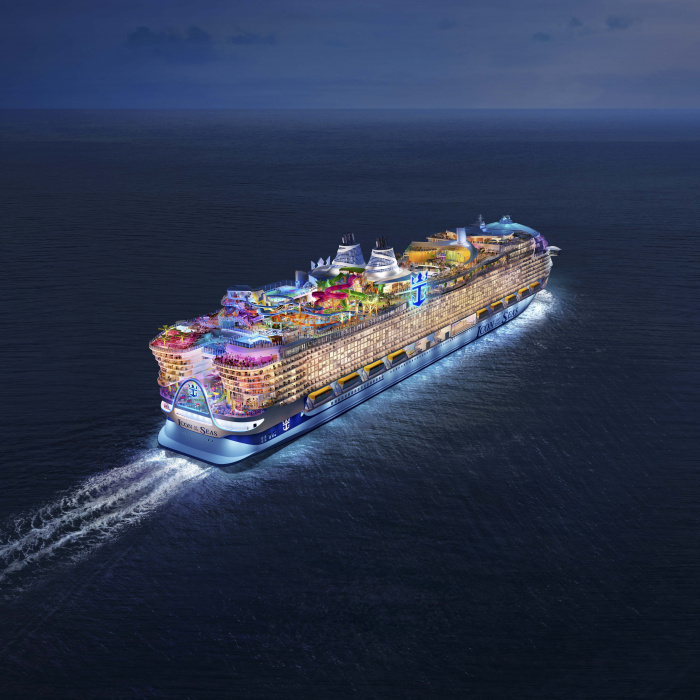
U.S. Department of State – Level 1: Exercise normal precautions The U.S. State Department cautions:
Crime: U.S. citizens are not specifically targeted for crime in Barbados. However, crimes of opportunity such as petty larceny, burglary, automobile break-ins; as well as incidents of violent crime, such as murder, sexual assault, robbery, shootings, and drug related crimes do occasionally occur.
Government of Canada – Take Normal Security Precautions The Government of Canada cautions:
Crime: Petty crime, such as pickpocketing and purse snatching, occurs. There are also incidents of violent crime, including armed robbery and sexual assault.
- Ensure that your personal belongings, including your passport and other travel documents, are secure at all times
- Be aware of your surroundings and exercise caution, especially when walking alone, even during the day
- Avoid isolated or poorly lit areas, especially on beaches
- Keep your car doors locked, windows rolled up, and personal belongings, including handbags, safely stored at traffic lights, where you could be a target for thieves
- Don’t leave valuables unattended on the beach
- Don’t carry large amounts of cash or jewellery
- Always lock and secure your hotel room doors and windows
Demonstrations: Demonstrations take place from time to time.
Even peaceful demonstrations can turn violent at any time. They can also lead to disruptions to traffic and public transportation.
- Avoid areas where demonstrations and large gatherings are taking place
- Follow the instructions of local authorities
- Monitor local media for information on ongoing demonstrations
Spiked food and drinks: Never leave food or drinks unattended or in the care of strangers. Be wary of accepting snacks, beverages, gum or cigarettes from new acquaintances. These items may contain drugs that could put you at risk of sexual assault and robbery.
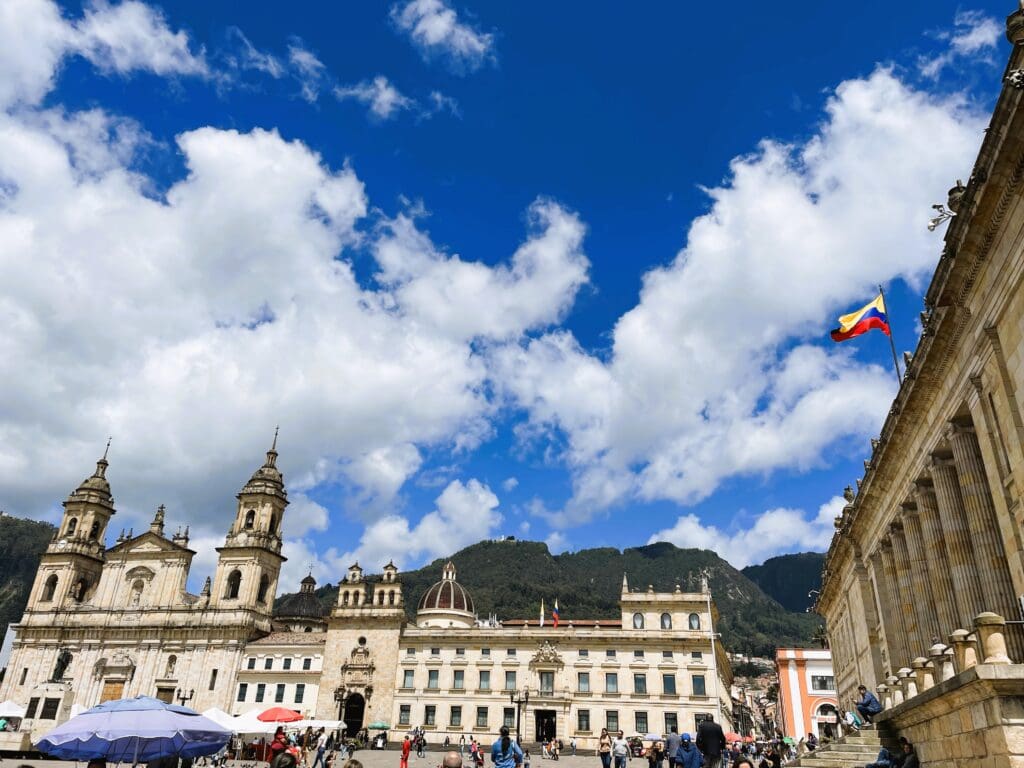
So after exploring which Caribbean ports are safe and to bring this all full-circle back to our recent visit to Bogota, let’s put Colombia through the same review. The U.S. Department of State has given Colombia a Level 3: Reconsider Travel rating. The U.S. Department of State had some pretty specific cautions:
Terrorism: Terrorist groups and those inspired by such organizations are intent on attacking U.S. citizens abroad. Terrorists are increasingly using less sophisticated methods of attack – including knives, firearms, and vehicles – to more effectively target crowds. Frequently, their aim is focused on unprotected or vulnerable targets, such as:
- High-profile public events (sporting events, political rallies, demonstrations, holiday events, celebratory gatherings, etc.)
- Hotels, clubs, and restaurants frequented by tourists
- Places of worship
- Schools
- Parks
- Shopping malls and markets
- Public transportation systems (including subways, buses, trains, and scheduled commercial flights)
In Colombia, the National Liberation Army (ELN), the Revolutionary Armed Forces of Colombia – People’s Army (FARC-EP), and Segunda Marquetalia terrorist organizations continue plotting and executing attacks.
Crime: Crimes and scams against tourists, and those perceived to be wealthy, are common and well-coordinated in urban areas, including in affluent neighborhoods. Firearms and knives are prevalent in Colombia and often used in muggings and robberies under the threat of violence. Drive-by motorcyclist snatchings of cell phones, bags, and valuables are extremely common. Victims are often identified well in advance of the robbery based on visible jewelry, high value wristwatches, and general attire while in public places such as shopping malls, restaurants, and airports.
Narco-trafficking groups, including the Clan del Golfo frequently engage in violence against civilians and security forces.
So did we feel safe visiting a “Level 3” country, the same as the lowest rated Caribbean ports in this list? The answer is yes, but we also took some basic precautions. We didn’t wear anything flashy, leaving jewelry and watches safely at home. We limited the amount of cash and credit cards we carried with us. We only took taxis that were booked in advance or picked-up from a major hotel bell stand. We didn’t walk alone after dark. We booked a tour guide for an exhaustive walking tour of the city rather than attempting it on our own knowing that we’d be looking at our phones and not as aware of our surroundings.
To be honest, the most concerning part of the trip, was walking off the plane back in Atlanta to be greeted by five armed border agents in full tactical gear pulling people out of the line asking them about their travel. Did we have any problems in “Level 3” Colombia? Absolutely not. Will we go back to Colombia? Absolutely! – Michael
- Disclaimer – The US and Canadian safety “rankings” are in most cases for entire countries and not for specific ports. The information contained on these government sites is exhaustive and is frequently updated. In the interest of keeping the post a manageable length I only included select language. If you want to learn more about the countries you plan on visiting make use of the most current information available by visiting these resources at these links: Travel.State.Gov Travel Advisories page and travel.gc.ca.
Advertiser Disclosure: Eye of the Flyer, a division of Chatterbox Entertainment, Inc., is part of an affiliate sales network and and may earn compensation when a customer clicks on a link, when an application is approved, or when an account is opened. This relationship may impact how and where links appear on this site. This site does not include all financial companies or all available financial offers. Opinions, reviews, analyses & recommendations are the author’s alone, and have not been reviewed, endorsed, or approved by any of these entities. Some links on this page are affiliate or referral links. We may receive a commission or referral bonus for purchases or successful applications made during shopping sessions or signups initiated from clicking those links.


